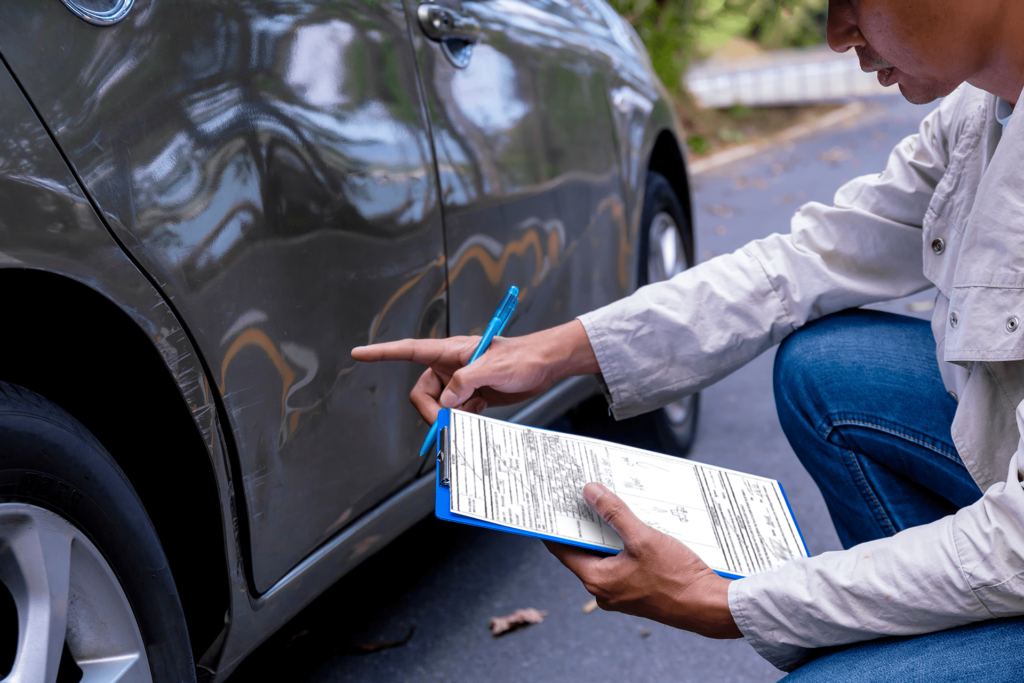Navigating car insurance can be overwhelming, but understanding the basics can save you money and headaches down the road.
Introduction:
Car insurance is essential for every vehicle owner, providing financial protection against accidents, theft, and other unexpected events. In Fort Worth, understanding the ins and outs of car insurance can help you make informed decisions and ensure you have the right coverage. This ultimate guide will cover everything you need to know about car insurance in Fort Worth, from types of coverage to choosing the right policy for your needs.
1. Understanding the Basics of Car Insurance:
- Liability Coverage: Covers damages and injuries you cause to others in an accident. It’s mandatory in Texas.
- Collision Coverage: Pays for damages to your car from a collision, regardless of fault.
- Comprehensive Coverage: Covers non-collision-related damages such as theft, vandalism, or natural disasters.
- Personal Injury Protection (PIP): Covers medical expenses for you and your passengers. PIP is optional in Texas but highly recommended.
- Uninsured/Underinsured Motorist Coverage: Protects you if you’re hit by a driver with insufficient insurance.
Recommended Gear: Keep your insurance documents organized with the Samsill Car Registration and Insurance Holder.
2. Texas Car Insurance Requirements:
- Minimum Liability Limits: Texas law requires minimum liability limits of 30/60/25 ($30,000 per injured person, up to $60,000 per accident, and $25,000 for property damage).
- Proof of Insurance: You must carry proof of insurance in your vehicle at all times. Failure to provide proof can result in fines and penalties.
- Penalties for Non-Compliance: Fines, vehicle impoundment, and license suspension can result from not having the required insurance.
Recommended Gear: Ensure you always have proof of insurance with the Bell Automotive Insurance and Registration Card Holder.
3. Factors Affecting Your Car Insurance Rates:
- Driving Record: Clean records typically result in lower premiums. Accidents and traffic violations can increase your rates.
- Vehicle Type: Luxury and sports cars often have higher insurance rates due to their higher repair costs and theft risk.
- Location: Urban areas like Fort Worth may have higher rates due to increased traffic and accident risk.
- Credit Score: In Texas, insurers can use credit scores to determine rates. A higher credit score can lead to lower premiums.
- Coverage Levels: Higher coverage limits and additional options increase premiums.
Recommended Gear: Monitor your driving habits with the Garmin DriveSmart 55 GPS Navigator to avoid traffic violations.
4. Tips for Lowering Your Car Insurance Premiums:
- Shop Around: Compare quotes from multiple insurers to find the best rate. Online tools and apps can make this process easier.
- Bundle Policies: Combine auto insurance with other policies (like home insurance) for discounts.
- Increase Deductibles: Higher deductibles can lower your premium but mean more out-of-pocket costs in a claim.
- Ask for Discounts: Inquire about discounts for safe driving, good students, anti-theft devices, and more. Many insurers offer a variety of discounts.
- Maintain a Good Credit Score: Better credit scores can lead to lower rates.
5. Choosing the Right Insurance Provider:
- Reputation: Look for insurers with good customer reviews and ratings. Check platforms like JD Power and Consumer Reports.
- Customer Service: Consider the quality of customer service and claims processing. Timely and efficient service is crucial during claims.
- Financial Stability: Ensure the company is financially stable and able to pay out claims. Use ratings from A.M. Best, Moody’s, or Standard & Poor’s.
- Policy Options: Look for a provider that offers the coverage options you need. Some insurers specialize in specific types of coverage or customer needs.
Recommended Gear: Keep track of multiple insurance quotes and options with the Mead Organizer Notebook.
6. Filing a Car Insurance Claim:
- Report the Incident: Notify your insurer immediately after an accident or theft. Prompt reporting can speed up the claims process.
- Document the Damage: Take photos and gather evidence of the damage. Clear documentation can support your claim.
- Get a Repair Estimate: Obtain an estimate from a reputable repair shop. Some insurers have preferred networks of repair shops.
- Work with the Adjuster: Cooperate with the insurance adjuster to settle the claim. Be honest and provide all requested information.
Recommended Gear: Ensure thorough documentation with the Canon PowerShot Digital Camera.
7. Special Considerations for Fort Worth Drivers:
- Weather Risks: Be aware of weather-related risks such as hailstorms and flash floods, which can affect your insurance needs. Comprehensive coverage is particularly important.
- Traffic Conditions: High-traffic areas increase the likelihood of accidents, influencing your coverage choices. Consider higher liability limits for better protection.
- Local Regulations: Stay informed about any local regulations that may impact your insurance. Keeping up-to-date ensures compliance and adequate coverage.
Recommended Gear: Protect your car from weather damage with the Hail Protector Car Cover System.
Conclusion:
Understanding car insurance in Fort Worth doesn’t have to be complicated. By familiarizing yourself with the types of coverage, state requirements, factors affecting rates, and tips for lowering premiums, you can make informed decisions that protect you and your vehicle. Remember to choose a reputable insurer and know the process for filing claims. With the right knowledge, you can navigate car insurance confidently and ensure you’re adequately covered.





